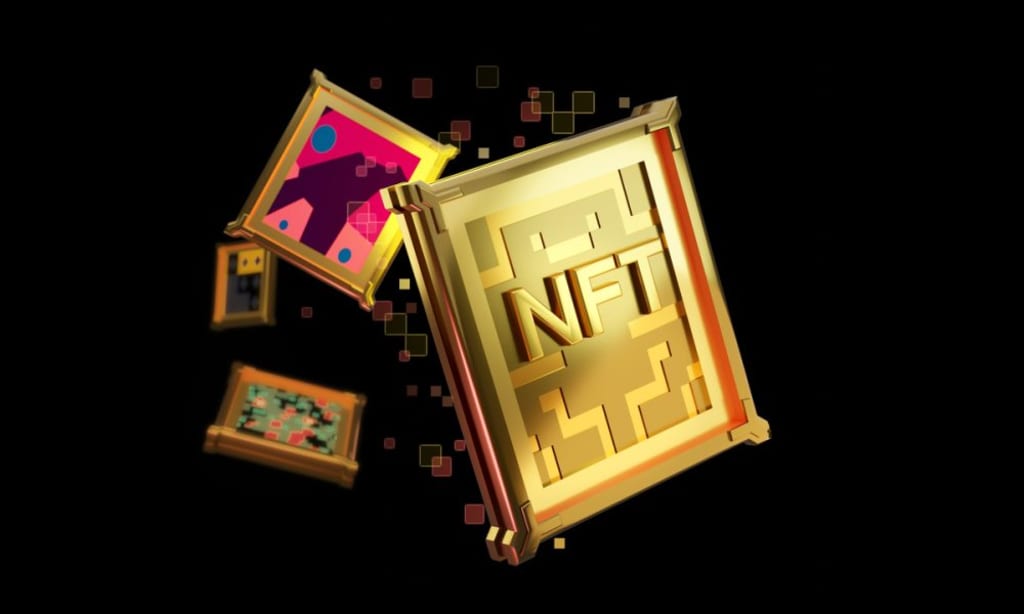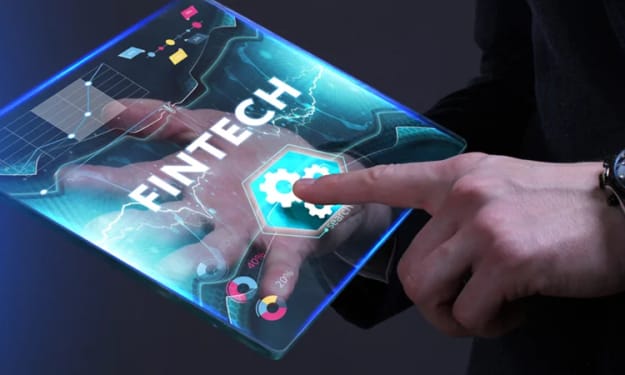NFTs: the future of the digital economy.
En our latest edition, we talk about how the Metaverse is here to stay, as part of the great transformations that the new digital age brings.

What are Non-Fungible Tokens?
En our latest edition, we talk about how the Metaverse is here to stay, as part of the great transformations that the new digital age brings. This not only changes social interactions, but also economic ones, and that is why NFTs have a very high relevance within this topic.
Non Fungible Tokens (NFT) are unique, non-duplicatable, non-divisible digital tokens that contain information about their owner and are registered through smart contracts.
A smart contract is an agreement between two people or entities in the form of computer code programmed to execute automatically. Smart contracts run on the blockchain , which means that the terms are stored in a distributed database and cannot be changed.
These allow proving the authenticity, ownership and scarcity of digital assets. Basically, they replicate in the digital world the concepts of ownership , uniqueness, and scarcity that we have in the physical world. This can mean a real revolution in many sectors of the economy.
Main characteristics of NFTs
Contrary to cryptocurrencies, NFTs cannot be exchanged with each other, as no two NFTs are the same.
Most of these "tokens" (which can be coins, stamps, works of art or videos, for example) are based on the standards of the Ethereum network and its blockchain.
The data of an NFT is stored in the blockchain through a smart contract (Smart Contract), which means that it cannot be destroyed, deleted or replicated.
A market in constant need of regulations
The rise of the Nfts and cryptocurrency market makes legislation and regulation of this type of asset increasingly necessary.
The truth is that there is still a lot to do regarding the regulations of NFTs. To date, there are few laws that have been adapted or have adapted their tax regulations.
There are no clear guidelines on how these types of products are taxed. In addition, a distinction is made between a primary market (sale from the creator of the NFT to the first buyer) and a secondary market (subsequent purchase-sales) when regulating the panorama.
Similarly, legal experts have opened another debate: that of considering NFTs a delivery of goods or a provision of services.
Opportunities
gaming industry
NFTs support the "play to earn" (P2E) gaming model. P2E offers players an economic incentive, being rewarded for their time and effort within a game.
Players earn cryptocurrencies that can be used in-game, sold on an open market, or monetized through smart contracts.
For example, if a player creates an NFT character that someone else uses to earn cryptocurrency development company , the creator receives a portion of those earnings.
Direct sells
Blockchain technology and NFTs offer artists and content creators a unique opportunity to monetize their works.
For example, artists no longer have to rely on galleries or auction houses to sell their works. Artists can now sell it directly to the consumer as an NFT, which also allows them to keep a larger share of the profits.
Additionally, artists can use smart contracts to receive a percentage of sales every time their art is sold to a new owner.
Transparency
Blockchain technology allows knowing the complete origin of the NFTs and the details of the copyright, since the storage is recorded in a public network.
Within these details, there is the possibility of including additional information that will always be part of the code, therefore inseparable from the original NFT.
This prevents counterfeiting and theft of NFTs, and allows artists and creators to be compensated more securely.
User experience and virtual worlds
NFTs are the bridge to the Metaverse, The Sandbox and Decentraland, they allow users to create, develop, host and sell virtual properties.
One of the first virtual properties sold was by the Propy platform, which auctioned off its property on NFT and fetched $93,000. This can be a great opportunity to boost the virtual real estate industry.
As the rise of NFTs continues, they will increasingly be used as access passes to sporting events, clubs and other venues, as well as digital experiences.
Conclusions
NFTs have provided us with a tool to represent physical assets on the blockchain. In the future most “things” will be tokenized on the blockchain, however the huge potential of NFTs is still being explored as companies have a lot to consider when starting or moving forward in their journey of this new era of virtual reality. .
Its potential is much broader; Possible applications include copyright and intellectual property rights, ticketing, and the sale and trade of video games, music, and movies.
With the right mindset, a skilled team, and a strategic plan, companies have a tremendous opportunity to disrupt and drive the value of NFTS as this expanding new digital universe continues to take shape. Adapting to the different changes that the new digital era may bring will be essential to building a better business world.
About the Creator
BlockchainX
BlockchainX is a leading Blockchain development company rendering services across all streams. From NFT market to metaverse development, we help you simplify your tasks and identify better solutions for business in web3.






Comments
There are no comments for this story
Be the first to respond and start the conversation.